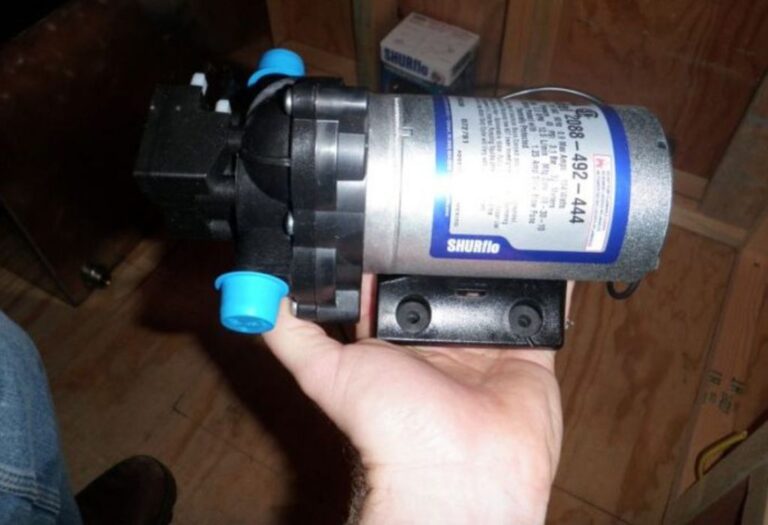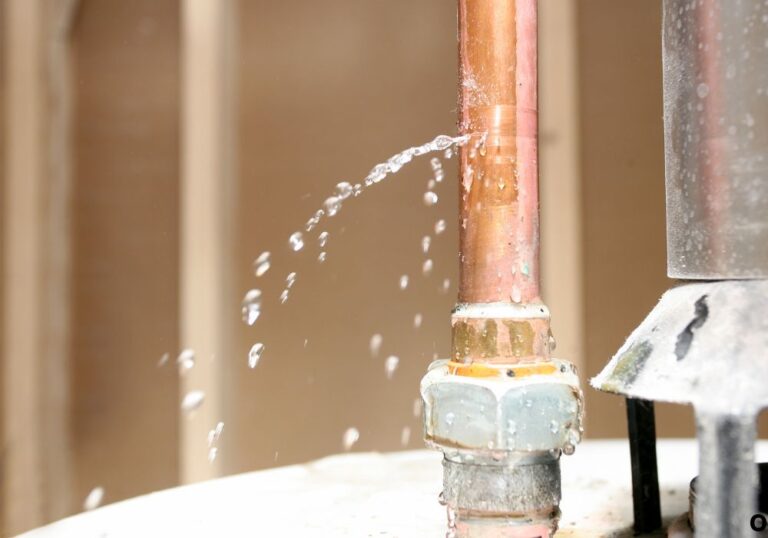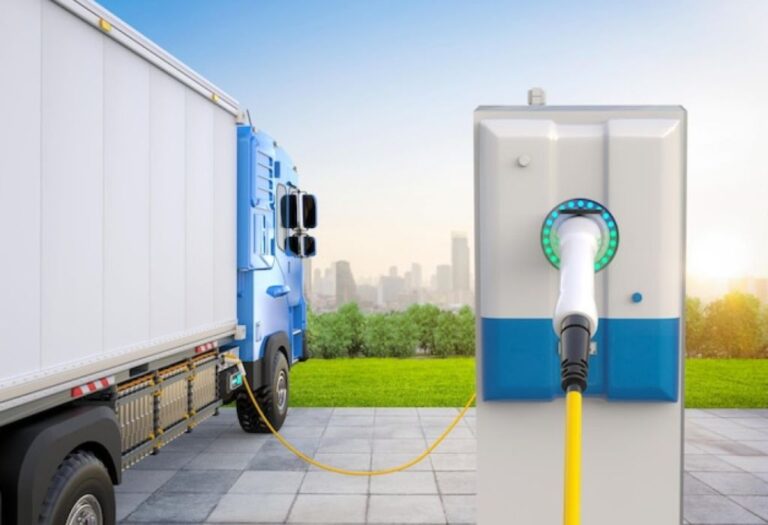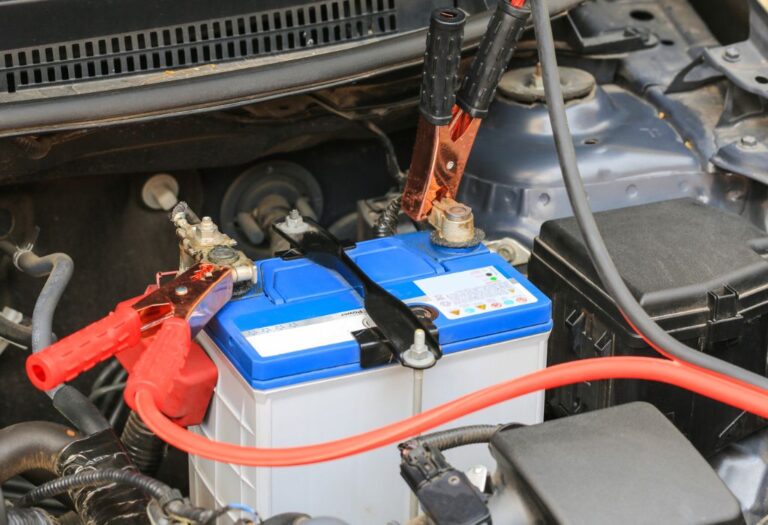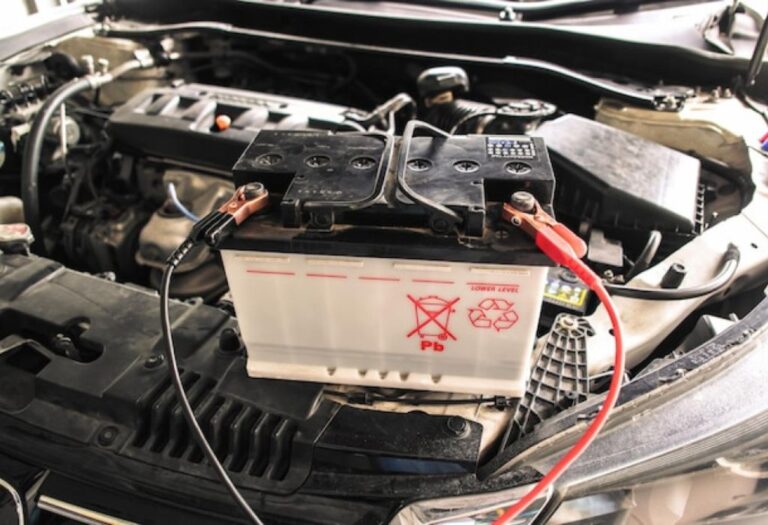What Is Grey Water in an RV? Explained Simply
Imagine arriving at a campsite, ready to cook and take a shower, only to notice unfamiliar tank labels — black water and grey water. Many new RV owners are unsure what grey water means or how it should be handled safely.
Grey water, if managed incorrectly, can cause odors, clogs, and even environmental harm. Knowing its source and how to manage it ensures hygienic conditions and compliance with local regulations.
According to a 2023 survey of RV owners, over 60% admitted confusion about grey water handling, and nearly 40% reported minor plumbing issues due to improper management (source). Understanding grey water helps prevent these issues, maintain system health, and make RV life more comfortable.
This guide explains what grey water is in an RV, its common sources, management, disposal rules, and maintenance tips to keep your plumbing running smoothly.
Understanding Grey Water in an RV
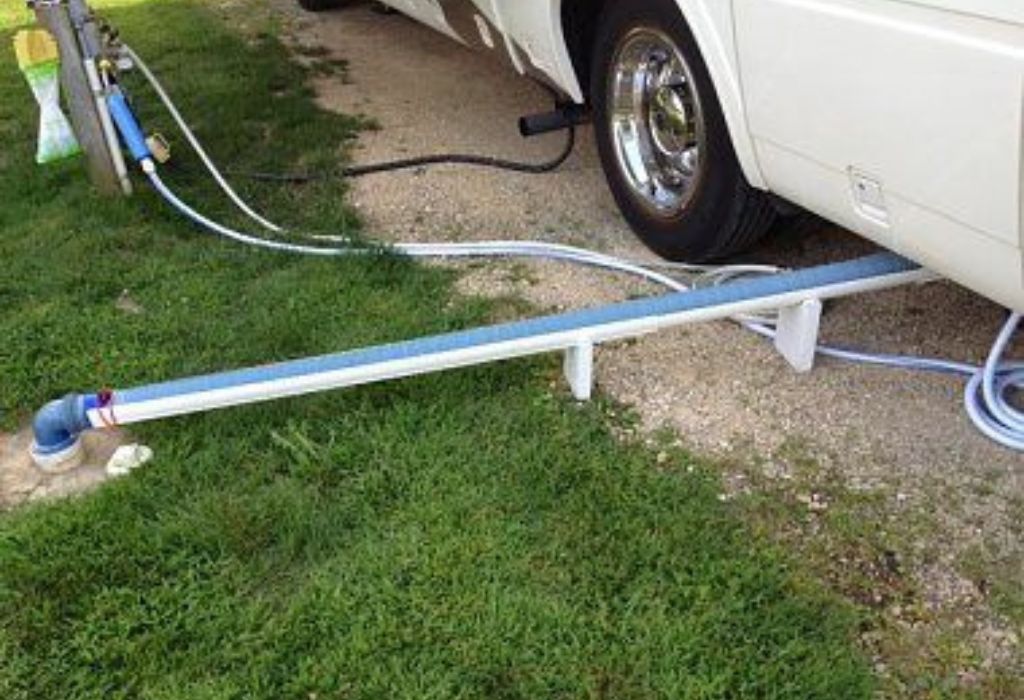
Grey water is wastewater generated from sinks, showers, and laundry in the RV. Unlike black water, it does not contain human waste and is stored separately in dedicated tanks.
Modern RVs often include tank sensors to monitor capacity and prevent overflows. Proper understanding of grey water is crucial for system maintenance and avoiding unpleasant odors.
What is considered grey water in an RV?
Water from sinks, showers, and appliances, excluding toilet waste.
How is grey water different from black water?
Black water contains human waste, while grey water does not.
Do all RVs have a separate grey water tank?
Most modern RVs include separate tanks for grey and black water.
What is the typical size of a grey water tank?
It varies, commonly 20–40 gallons in standard RVs.
Are there sensors for grey water levels?
Yes — many RVs have tank level sensors to monitor capacity.
Common Sources of Grey Water
Grey water primarily comes from kitchen and bathroom sinks, showers, and laundry machines. Some RV dishwashers also drain into the grey water tank.
The type of grey water can affect maintenance; kitchen water may include food particles, while shower water often contains soap and shampoo.
Which fixtures contribute most to grey water?
Showers and sinks are the primary sources.
Does laundry count as grey water?
Yes — if your RV has a washer, it drains into the grey tank.
Can dishwasher water go into grey water?
Yes — some RVs connect dishwashers to the grey tank.
Are water softeners included in grey water output?
Yes — treated water from sinks or appliances becomes grey water.
Is there a difference in contamination level between sources?
Yes — kitchen sink water may have food particles, while shower water contains mostly soap.
Grey Water Tank Management
Proper management prevents odors, backups, and plumbing issues. Regularly empty the grey water tank and flush it with clean water to maintain flow and reduce buildup.
Use RV-safe chemicals to minimize bacterial growth and odors. Check hoses and fittings periodically to prevent leaks.
How often should grey water tanks be emptied?
Typically when full or every 2–3 days during heavy use.
Do I need special chemicals to clean the tank?
Yes — RV-safe cleaners help prevent odor and buildup.
Can a full tank cause plumbing issues?
Yes — backups and leaks can occur if the tank overflows.
How do I flush a grey water tank?
Attach a hose and use fresh water to rinse the tank thoroughly.
Are gloves necessary when handling grey water?
Yes — for hygiene and safety.
Disposal and Environmental Considerations
Dispose of grey water only at designated dump stations or RV parks to comply with local laws. Improper dumping can lead to fines and environmental contamination.
Grey water can sometimes be reused for non-potable purposes, like flushing toilets or irrigation, but most RVs are not equipped for recycling.
Where can I safely empty grey water?
Use designated dump stations or RV parks.
Is it legal to release grey water on the ground?
No — most regions prohibit this.
What happens if I dump improperly?
Fines, environmental damage, and potential contamination can result.
Can grey water be recycled?
Some advanced systems filter grey water for non-potable reuse, but most standard RVs do not.
Do all states have the same rules?
No — regulations vary by state and locality.
Preventing Issues in Grey Water Systems
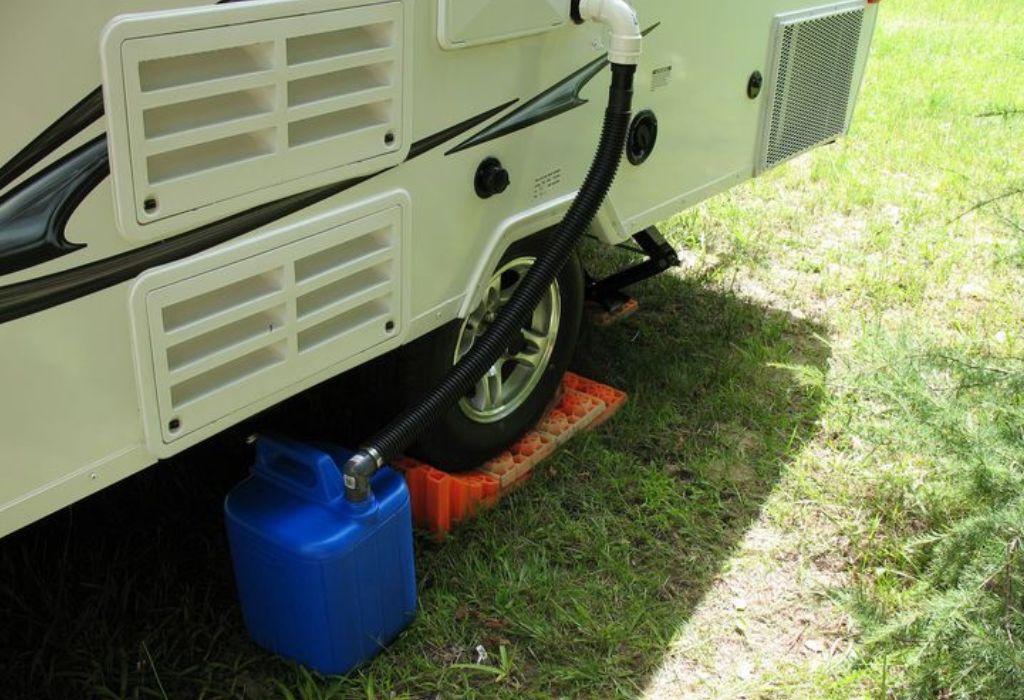
Avoid disposing of large food particles or grease in grey water drains. Install strainers and monitor tank levels to prevent overfilling.
Inspect hoses and fittings regularly and use odor-control chemicals to reduce smells. Proper maintenance prolongs tank life and keeps plumbing functioning correctly.
How do I prevent clogs in the grey water tank?
Avoid sending large solids or grease down the drains.
Are filters effective?
Yes — they reduce buildup and odor.
Can overfilling cause damage?
Yes — it can lead to leaks and pump strain.
How often should hoses be inspected?
Every trip or seasonally for wear and cracks.
Do odor-control chemicals help?
Yes — they reduce unpleasant smells and slow bacterial growth.
Future Trends and Upgrades
Newer RVs include smart sensors that monitor tank levels and alert users to potential issues. Advanced filtration systems allow non-potable grey water reuse, reducing environmental impact.
Some RVs feature compact, odor-resistant tanks and automatic flushing systems for easier maintenance. These innovations reduce manual monitoring and improve hygiene.
Are smart sensors useful?
Yes — they provide real-time tank level information.
Can grey water be filtered for reuse?
Yes — some systems allow reuse for washing or irrigation.
Do new tanks reduce odors?
Yes — improved designs minimize air exposure and bacterial growth.
Are automatic flush systems available?
Yes — some RVs have built-in flush mechanisms.
Will upgrades reduce maintenance?
Yes — modern technology minimizes cleaning and monitoring efforts.
Conclusion
Grey water in an RV is wastewater from sinks, showers, and appliances, separate from black water. Proper management, regular tank emptying, safe disposal, and occasional maintenance ensure hygienic operation and compliance with environmental regulations.
By understanding grey water sources, managing tanks carefully, and following best practices, RV owners can prevent plumbing issues, reduce odorsand maintain a healthy, functional water system on every trip.
I’m David R. Coleman, the founder, lead writer, and lifelong tool enthusiast behind GarageToolPro.com. With years of experience in automotive repair, woodworking, and home DIY projects, I created this platform to share practical tips, detailed tool reviews, and step-by-step guides that help mechanics, hobbyists, and homeowners get the job done right the first time.

